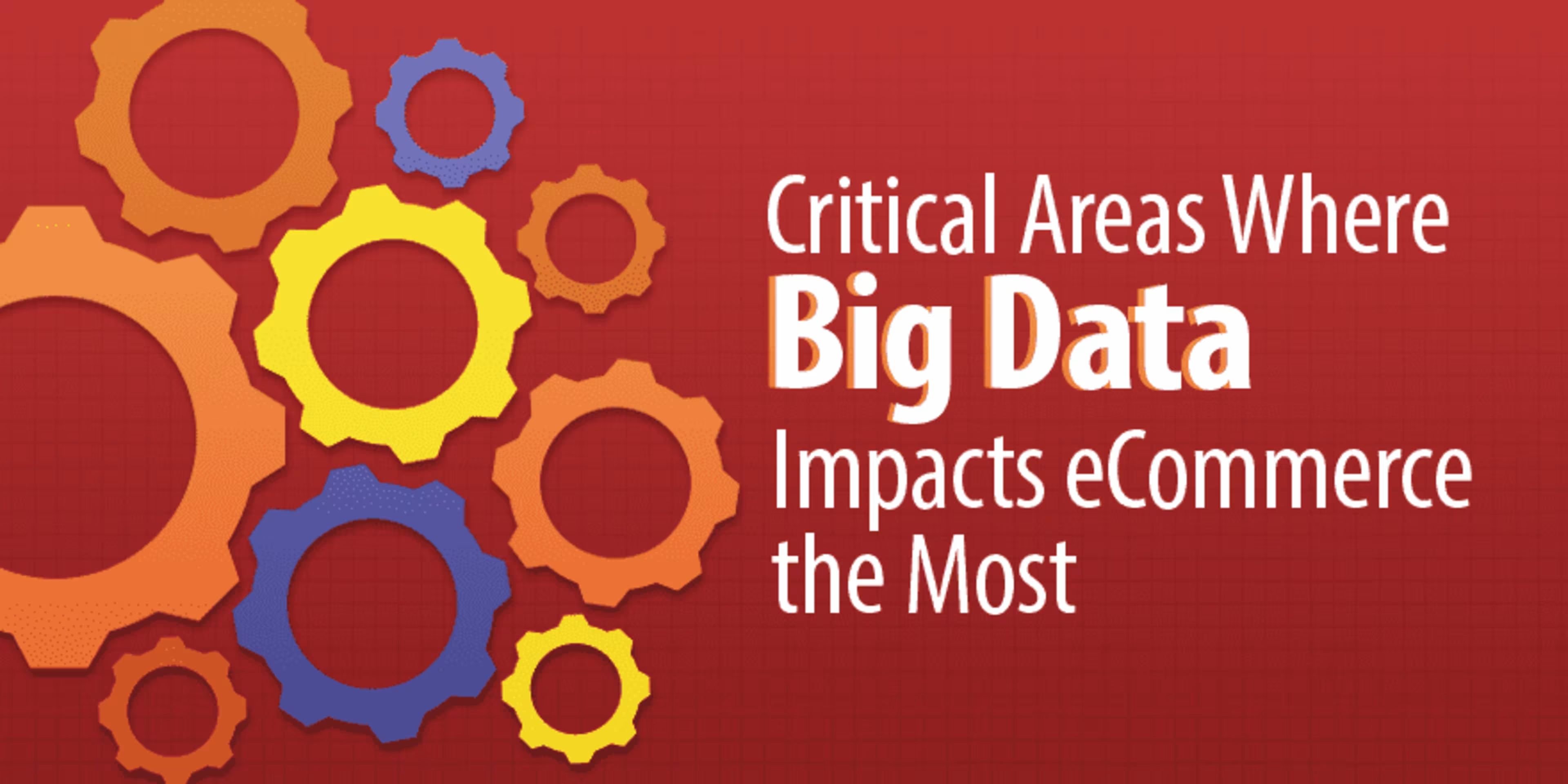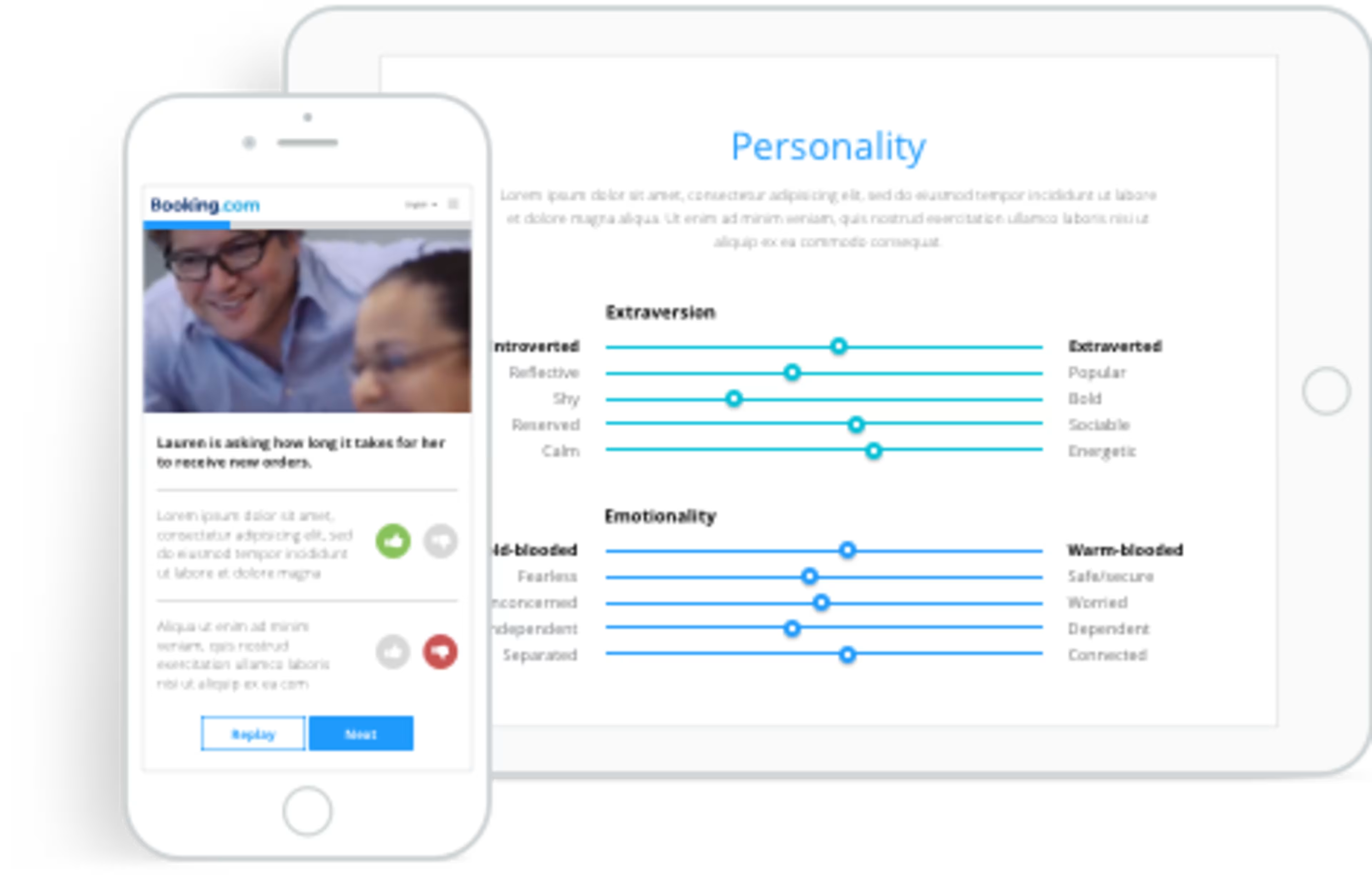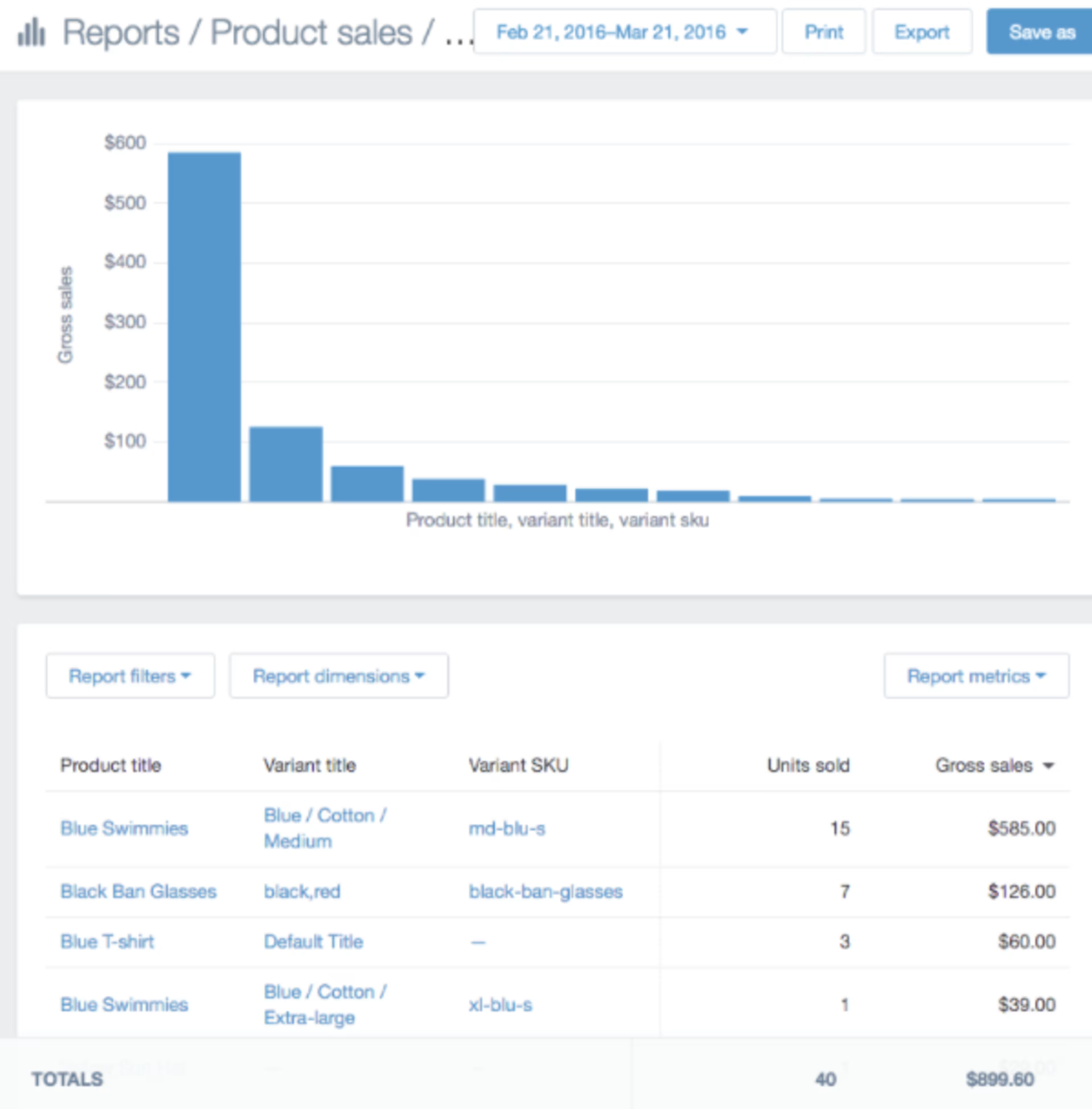We're living in a data-driven world. Given how quickly the concept of big data has grown in recent years, incorporating it into an eCommerce business model is a must.
According to eMarketer reports, eCommerce sales were on pace to surpass $2 trillion worldwide in 2017. As we roll into the new year, eCommerce sales are only going to make up a bigger and bigger portion of total global retail sales. The very idea of what it means to run a retail business is undergoing a massive change.
So, what does this all mean for you and your business? Quite a bit. We've identified three key areas where big data affects eCommerce, and your small business.

Big data's effect on eCommerce
Simply put: your business's ability to properly use the data at your fingertips will be the deciding factor in its success or failure.
Here are three areas of big data impact that can make a world of difference for your business that you don't need to be a data scientist to understand.
1. Hiring

Apu may come to regret this decision.
Hiring has never been easy. No matter how careful and thorough you are, there are always elements outside of your control. Maybe your dream candidate leaves after two weeks on the job, or turns out to be a prima donna instead of the team player they seemed during the interview process.
The cost of making bad hires can cripple your business in a variety of ways. In an eCommerce business, the margin for error is very small. Successful and smooth operations start with the recruiting process.
Depending on the size and structure of your business and niche, you may need to hire UX designers, content marketers, product specialists, and customer support reps. Since eCommerce is still relatively new in the business world, finding candidates with the right skills and personality can be a challenge.
Fortunately, big data can cut down on your poor decision making. Smart AI-based recruiting tools such as Greenhouse, Harver, and Ideal sift through massive amounts of applications to pinpoint the characteristics and experiences that are ideal for a specific job description.
From here, the systems use machine learning to test personality, intelligence, language proficiency, and more. You can also set up an immersive “sample" experience of what working for your company is like. This way, both parties can ensure the pairing is a good match.

An example of a data-derived personality readout.
Employee turnover is an evergreen business issue. Since eCommerce is an incredibly specialized line of work, you must prioritize your practice of making data-driven hiring decisions.
2. Point-of-Sale
Point-of-sale (POS) data is perhaps the most critical information gathered in any retail business. In the world of eCommerce, POS data encompasses customer profiles, inventory details, sales numbers, marketing effectiveness, and more.

A sample point-of-sale report
POS data is crucial for identifying certain trends. If utilized correctly, it can result in a more personalized UX and significant waste reduction.
Every time a customer makes a purchase, you gain valuable information. This typically includes name, location, browsing history, and order history. Using this data, you can create targeted marketing campaigns that speak directly to certain audiences and, in turn, increase customer loyalty.
From an inventory standpoint, you can see the rate at which every product in your catalog is selling. Then, you can adjust your logistics and promotional strategies accordingly.
Staying competitive in eCommerce is all about efficiency. If you aren't looking at the finer details of how you're making your online sales, your chances of long term survival are slim.
3. Security

Those meddling hackers are everywhere nowadays...
A recent study found that three out of five cyber attacks target small and mid-sized businesses. Because eCommerce businesses are constantly gathering information such as names, addresses, credit card numbers, and passwords, you simply cannot cut any corners in your approach to cyber security.
If your online store falls victim to a breach, the consequences can be monumental.
Cybersecurity is another area where big data plays the superhero. Last year, MeriTalk surveyed the U.S. government and found that 84% of respondents believe big data has been a huge help in foiling attacks.
A few years back, eBay was hit by a data breach. Around 145 million records were illegally accessed by hackers, making it one of the largest data breaches in history. Hackers even gained access to eBay's corporate network. Following the breach, the company took a huge hit in terms of user activity and revenue.
The data streams at play throughout your eCommerce operation are key to pinpointing your security weak spots. Using historical data, you can get a good idea of what exactly “normal" means for your business. This helps you visualize scenarios in which an attack would most likely occur. Then, you can classify and rank cyber threats pertinent to your online store.
The growth of eCommerce has brought an intimidating number of associated threats. The best thing you and your business can do is understand the danger and how you can use big data to help.
Are you taking advantage of big data?
eCommerce and big data are poised to drive the future of business. The volume of big data is growing so fast that it's difficult to know exactly what to do with or make of it.
If your business can get out in front of the learning curve and implement relevant data streams into your operation, you'll be in a much better position to hire great talent and create safer, more efficient customer experiences.
Interested in hiring a data analytics company for your business needs? Browse our list of top data analytics companies and learn more about their features in our hiring guide.